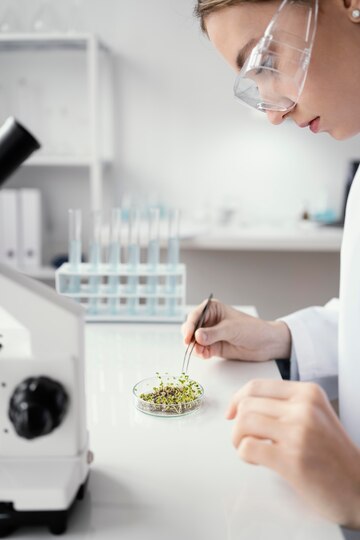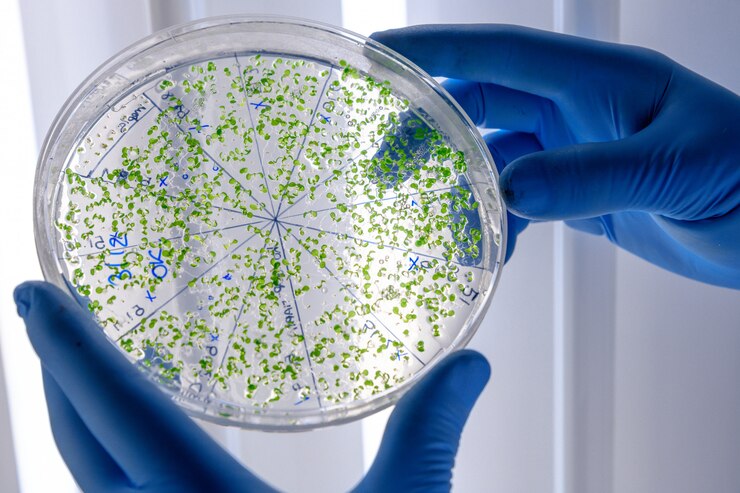In recent years, agriculture has undergone a transformative evolution with the integration of precision farming technologies and genetic innovations. This dynamic shift is reshaping the way crops are cultivated, promising increased efficiency, sustainability, and resilience in the face of global challenges.
Precision agriculture, a pivotal advancement in the field, harnesses the power of drones, sensors, and data analytics to provide farmers with real-time insights into crop health, soil conditions, and resource utilization. By adopting precision farming techniques, farmers can make informed decisions on irrigation, fertilization, and pest control, optimizing resource allocation and minimizing environmental impact.
Another noteworthy development is the rise of vertical farming, a revolutionary approach that defies traditional agricultural norms. This method involves cultivating crops in stacked layers or vertically inclined surfaces, reducing the need for vast expanses of land. Vertical farming enables year-round cultivation in controlled environments, offering a solution to issues like seasonal constraints and land scarcity.
In the realm of genetics, crossbreeding continues to play a crucial role in seed development. By selectively mating plants with different but closely related traits, scientists aim to create offspring with enhanced characteristics such as disease resistance, higher yield, and adaptability to diverse climates. This traditional breeding method remains a cornerstone in the pursuit of robust and resilient crop varieties.
Moreover, gene editing technologies, exemplified by CRISPR-Cas9, have ushered in a new era of precision in crop improvement. These tools allow scientists to precisely modify the genetic makeup of plants, enhancing desired traits without the introduction of foreign genes. From disease-resistant strains to crops with improved nutritional content, gene editing holds immense promise for addressing global food security challenges.
As agriculture continues to embrace these innovations, the industry is poised for increased productivity, sustainability, and adaptability. The convergence of precision farming and genetic advancements offers a glimpse into a future where crops are cultivated with unprecedented precision, resilience, and environmental consciousness.




